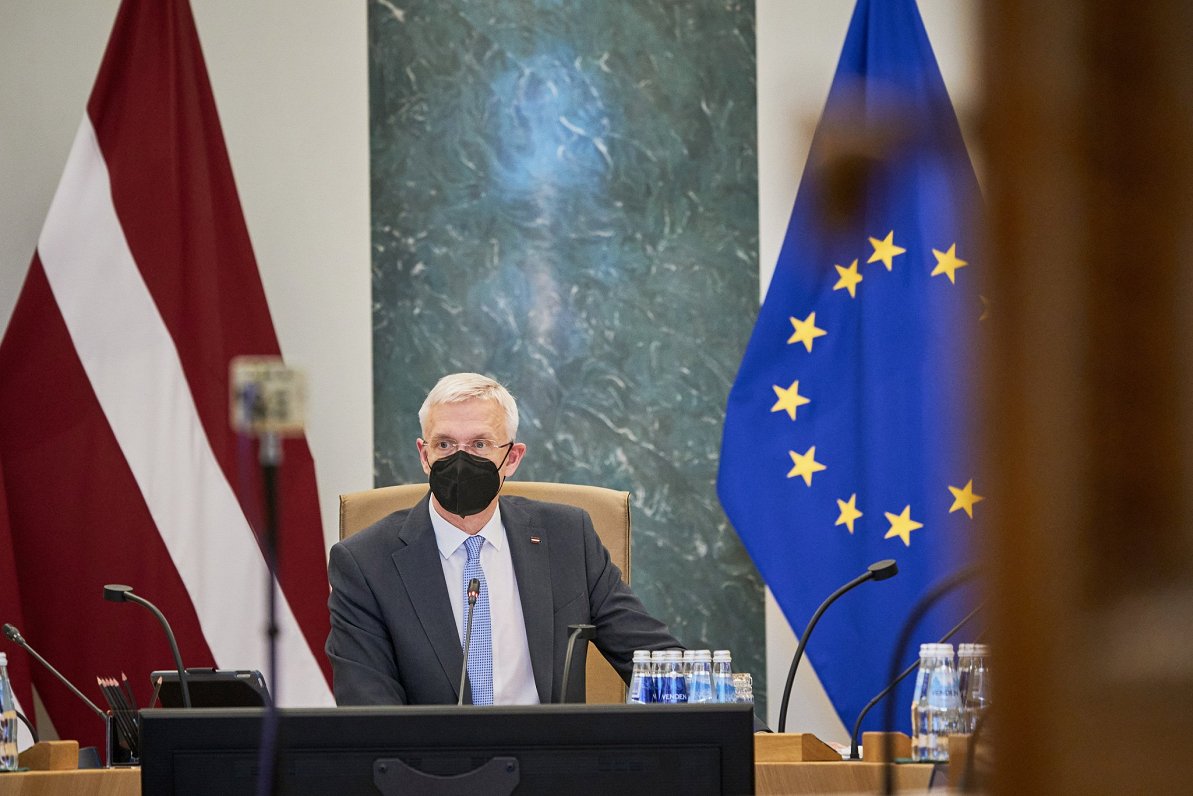Kariņš said that, for example, in sales outlets, both the wearing of masks and the permissible area per person have been determined, so if such restrictions are already in place, then, in his opinion, it could be possible to drop the requirement for a Covid-19 certificate check on entry to stores.
The head of government also expressed hope that some of the restrictions would be reviewed before the end of the state of emergency at the end of February.
"The gloomy forecasts have not come true – the question is whether all the restrictions are based on previous forecasts. If we see that the situation is changing, it would be quite logical that our requirements, our internal rules, should change," Kariņš said.
Provided the public diligently wears masks, the need for Covid-19 certificates may have exhausted itself, he admitted, adding that in Lithuania this is already the case, and repeating his opinion, expressed last week, that restrictions in Latvia should be evaluated in the same way as in Lithuania and Estonia.
"We are one economic space... For example, in Latvia, water parks are closed, in Estonia they are open. Latvians go to Pärnu... We are currently heating the Estonian economy. Not only are our water parks closed, we are paying money for them to be closed," he said.
The Prime Minister also expressed concern about the divergence of views on the lifting of restrictions.
"We are in a society between two extremes – on the one hand, companies say there is a need to abolish all restrictions, on the other hand, there are hospital managers working with Covid-19 patients who say the situation is still serious," he said.
The government will again discuss changing the current set of restrictions at its next cabinet meeting on February 15.
Later in the day Wednesday, Kariņš met with President Egils Levits. After the meeting, President Levits said that from March 1 "There must be serious easing [of restrictions]" and that remaining restrictions should be "synchronized" with Estonia and Lithuania.





























